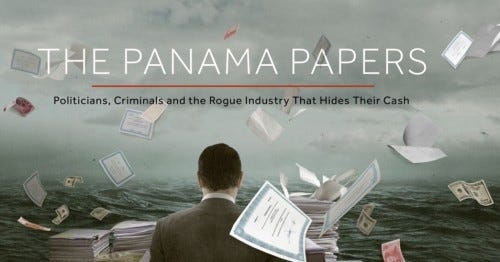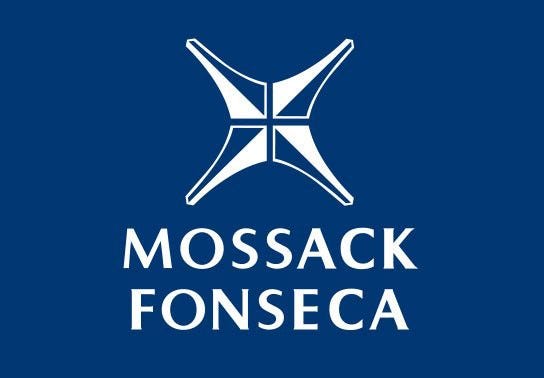No US Names in Panama Papers Leak- Why Not?
The Panama Papers leak is still in its infancy, but one thing is clear: the largest data leak in the history of investigative journalism promises to have repercussions for the rich and powerful around the world. Already, leaders in Iceland and Russia are facing questions about their use of the Panamanian law firm Mossack Fonseca to squirrel their money away in offshore dummy corporations. And there is more information coming.
But one country has been absent from the discussion: the United States of America. No American politicians have been named (yet) in the leak. Is this because, to paraphrase media critic Adam Johnson, American politicians are “pure and good and incorruptible?”
Unlikely. What’s more probable is that US- Panamanian relations over the 39 years that MF has existed have contributed to a culture where Americans do not feel comfortable storing their ill-gotten gains in the Central American country.
Mossack Fonseca was formed in 1977 by Jurgen Mossack and Ramon Fonseca. The two Panamanians formed the company as a provider of shell corporations to the rich and powerful around the world.
1977 was also the year that the US and Panama signed the Torrijos–Carter Treaties, which provided for the transfer of the Panama Canal from US sovereignty to Panamanian. The treaty was decried in some right wing circles of the US as an abdication of US territory and the treaty’s actual purpose was murky at best.
In other words, 1977 was not the peak of good US-Panamanian relations. It is doubtful that anyone wanting to shield their finances from the IRS would have chosen a country under intense scrutiny from elements within the US government.
Further, Panama’s leadership from 1977 until 1989 was dominated by a military dictatorship. In 1989, the US invaded Panama to depose former CIA asset Manuel Noriega, who had ceased to be useful for his patrons in Washington. Storing cash, data, and legal information in a country that could easily become the target of a US intervention was not a prudent move.
Making matters worse for Americans wanting to store their ill-gotten gains offshore, the 2010 United States — Panama Trade Promotion Agreement included a taxation clause that effectively shut down any chance of the rich in the US using Panama as a shelter.
The Tax Information Exchange Agreement includes a clause, Article 5, that specifies the terms of information sharing between the two countries on tax related matters:
The competent authority of the requested Party shall provide upon request by the competent authority of the requesting Party information for the purposes referred to in Article 1 of this Agreement. Such information shall be exchanged without regard to whether the requested Party needs such information for its own tax purposes or the conduct being investigated would constitute a crime under the laws of the requested Party if it had occurred in the territory of the requested Party.
The Article goes on to make clear that Mossack Fonseca’s type of services would particularly be included in the information request:
Each Party shall ensure that it has the authority, for the purposes referred to in Article 1 of this Agreement and subject to Article 2 of this Agreement, to obtain and provide, through its competent authority and upon request:
(a) information held by banks, other financial institutions, and any person, including nominees and trustees, acting in an agency or fiduciary capacity; and
(b) information regarding the ownership of companies, partnerships, trusts, foundations, and other persons, including…. ownership information on all such persons in an ownership chain; in the case of trusts, information on settlors, trustees and beneficiaries; and in the case of foundations, information on founders, members of the foundation council and beneficiaries.
If Panama had ever been an attractive destination for American offshore storage of funds, this agreement shut the door on that possibility.
It’s quite possible that as the leak unfolds, American names will be uncovered in the files of Mossack Fonseca. It’s equally possible that Americans are using one or more of the other three top firms involved in this kind of work.
If Americans are not named or implicated in this leak, it will have more to do with the uniqueness of the US- Panamanian relationship and less to do with the morality- real or perceived- of the US and its power brokers.
Update: Matthew Ingram at Fortune reported last night that US names may be coming:







